A popular 37-acre campground between Sequim and Port Angeles was recently listed for sale and is already pending under contract. It seems that the KOA Campground, a decades-old destination for tent, cabin, and RV camping on the corner of O'Brien Road and Highway 101, will remain a campground under a new name.
“Salish Trails” is already taking reservations, and although county property records don't reveal the new owner, the company's contact info on its website may lend a hint:
salishtrails@jamestowntribe.org
The email address and the state's Department of Revenue website suggest this will be another Jamestown Tribe enterprise.
It’s too soon to know if this campground will be transferred into "tribal trust land,” but an increasing number of properties in Clallam County are. The transfer of property owned by the Jamestown Tribe into trust land is achieved through an application to the Bureau of Indian Affairs department within the United States Department of the Interior. Last month, the county learned of another parcel that will be taken off the county books and absorbed into the trust.
The land is being transferred into trust for storage of the Tribe's maintenance equipment for the golf course.
The impact on local government is forecasted to be "minimal."
Local leaders were advised of the transfer but did not object.
When parcels are converted to tribal trust land, the county can no longer collect property taxes on that land. The KOA campground currently pays over $25,000 in property taxes annually to help support our schools, veterans, libraries, roads, fire districts, hospitals, and other essential services.
If the Tribe purchases the campground, 37 acres of taxed land could eventually transfer into tribal trust land and be removed from the county ledgers forever. These transfers and the decrease in county revenue may not be considered "minimal" to the property owners who must shoulder the burden of an ever-shrinking tax base.
A property search on the county's website using "Jamestown'' in the search field shows over 300 properties owned by the tribe — many of those properties are already in trust land. A look at one tribal property, specifically the clubhouse building at the Tribe's golf course, shows that it was incorporated into trust land in 2011. In 2010, the appraised value of the clubhouse was $540,187, and the taxable value was the same. The following year, the appraised value jumped to $843,015, but the taxable value dropped to $0. The Tribe has paid $0.00 in property taxes on the clubhouse for the last 13 years while the value of that property has tripled.
The value of the clubhouse property is currently appraised at $1,053,341. For comparison, a property in the Sequim area that is appraised at $1,051,892 pays over $7,000 in taxes.
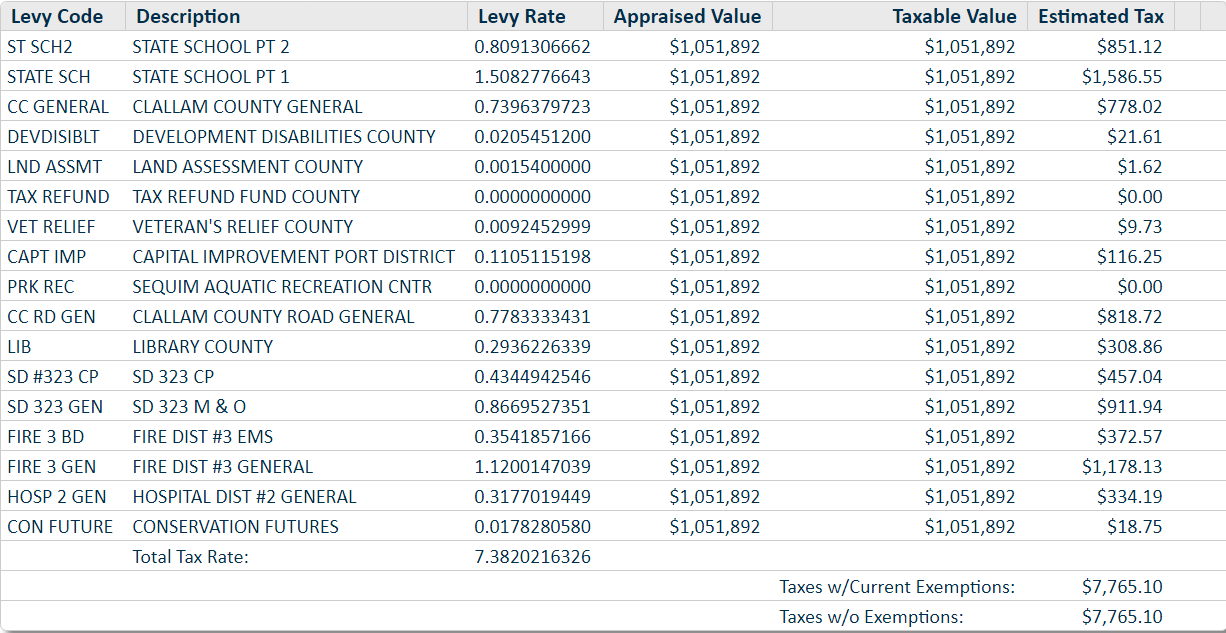
The Tribe's clubhouse would be taxed $7,775.79, but with exemptions, the property is taxed at $0.00.
That is over $7,000.00 that no longer goes to support our veterans, schools, and libraries.
Last year, after seeing a county roadside notice announcing a subdivision of land, part of which was being acquired by the Jamestown Tribe, a concerned Clallam County resident contacted Commissioner Mark Ozias, who also serves as the "Tribal Liaison" for the Board of Commissioners:
I would like to make a comment regarding this transfer/sale of property to Jamestown tribe. This parcel is being allowed to be subdivided, and subsequently sold to Jamestown tribe who is collecting property in the residential Jamestown area to create a reservation (according to tribal members.)
I do not support this approval, nor this transfer from the county. A few things that need to be addressed:
With the majority of the funding in the county coming from fees and/or taxes, how can the county continue to fund essential programs when property is transferred to the tribe? This parcel will be placed into trust (along with hundreds (?) of other properties) which will permanently reduce the taxable property in the area. What is the long-term, permanent plan to counteract this loss of income? ...aside from raising my taxes as a non-tribal member.
Once this property, or any additional property is added to the trust, there is no longer county oversight. The tribe is slowly turning the residential area of Jamestown into a commercial center for the tribe. This area is not zoned for commercial use--so how is the county addressing this? How is the county working with the tribe to ensure that the tribe doesn't fundamentally change the character of a residential community into a commercial one?
As stated before, I do not approve of this sub-division, nor the sale of this property to the Jamestown tribe as it only further contributes to the problems listed above.
Thanks
[name redacted by CCWD]
Commissioner Ozias replied:
Thank you for your note and for sharing your position.
I can attempt to address your first question; your second would be better directed to Director of Community Development Bruce Emery. I am not certain how he plans to engage the public and Tribal governmental partners as part of our major Comprehensive Plan update that will take place in 2024/2025.
It is certainly true that when a parcel is exempted from paying property taxes, that burden shifts to other taxpayers. This is true whether we’re discussing a reduction in taxes (like for open space, or senior citizens) or an exemption. At the federal level there is a program called “Payment in Lieu of Taxes” (PILT) which is a mechanism for helping to “make whole” communities that have public land (like ONP) that would otherwise be generating property taxes, which counties have to work hard to advocate for on a regular basis as it requires Congress to re-fund the program every round. While I don’t have any details yet it is my understanding that the Jamestown Tribe is working with others to build a similar program; I will certainly be following this idea closely.
Sincerely,
Mark O
Department of Community Development Director Bruce Emery also replied to the resident:
Regarding your second question, there is no formal process yet to coordinate land use decisions or otherwise influence what the Tribe does with their property once placed in Trust Land. I do know that informal attempts have been made over the years to gain their cooperation, but aside from asking, there is no authoritative control that the County can exert. Under the Growth Management Act, there are new requirements for engaging area tribes in the planning process. My hope is this will open opportunity to collaborate with the Tribe and hopefully encourage their land use decision-making process to be in better harmony with the County’s; however, there remains no legal obligation on their part.
Bruce Emery
In other words, county leaders are hoping the Tribe will cooperate or voluntarily begin paying property taxes. Until then, with each house, golf course, and RV park that disappears into tribal trust, the taxes that fund our essential services disappear too.
This pattern will continue to strain the remaining Clallam County residents who pay property taxes and are forced to pick up just a little bit more of the slack year after year. Although every Clallam County property owner from Cape Flattery to Diamond Point is welcome to attend our schools, use our libraries, and drive on our roads, not everyone is mandated to pay for them.
Next month, county residents will vote on whether to pay higher taxes for emergency services and whether our failing hospital deserves an additional $6.9 million to fail more slowly. Everyone is allowed to vote on these measures, but if they pass, only some property owners will be forced to pay for them.
This story was made possible by research from subscriber Kathy. CCWD is indebted to Kathy and many others who take the time to research, email, and educate. Thank you.

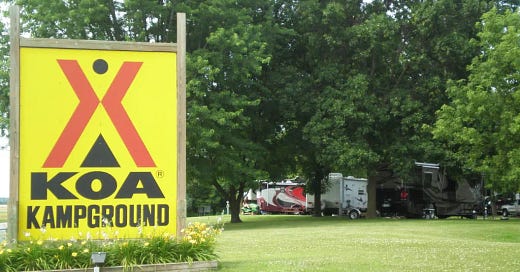



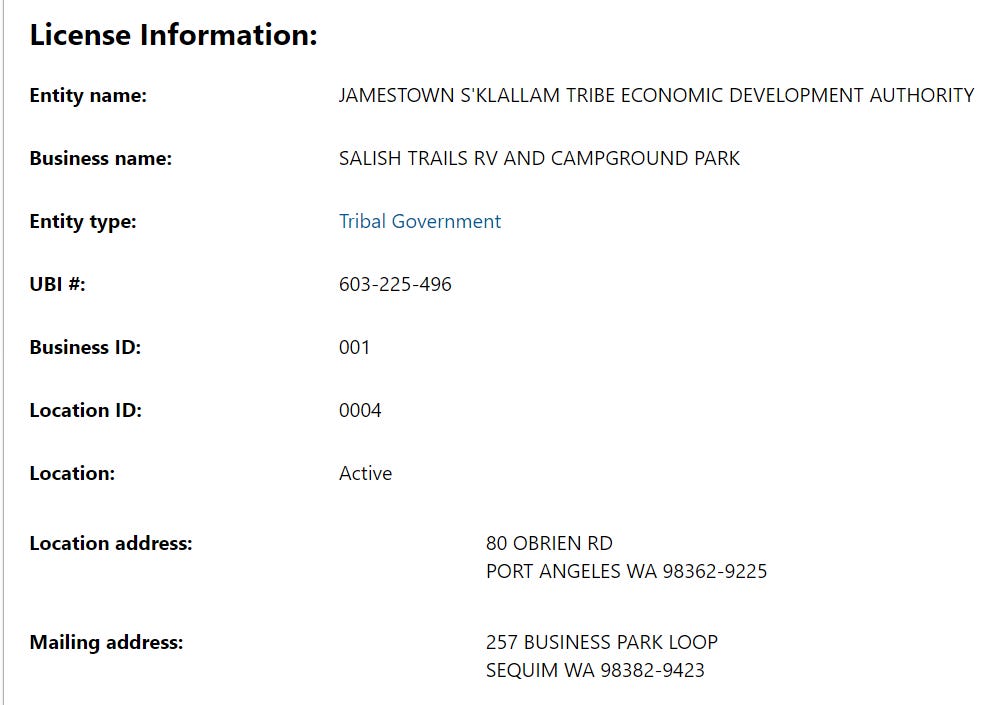
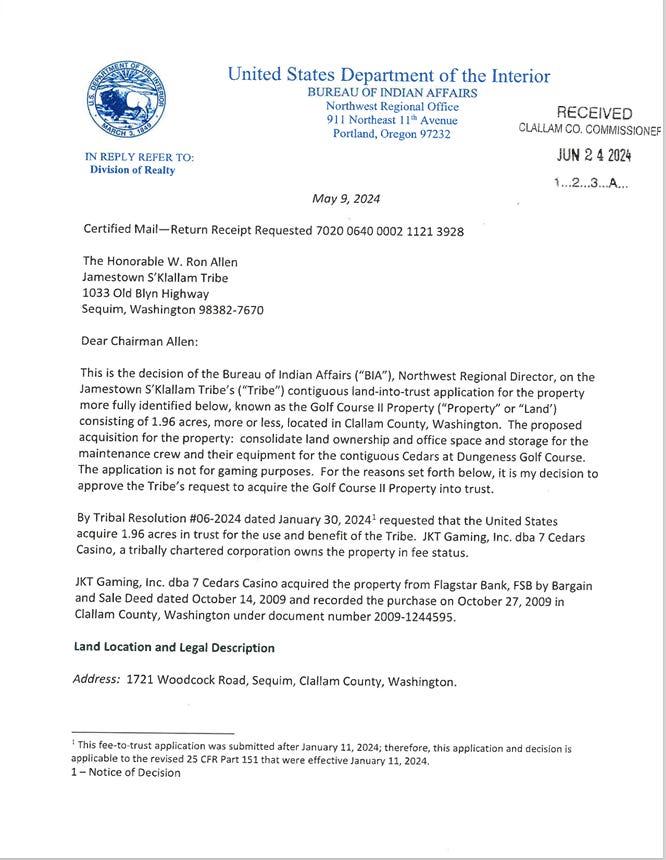


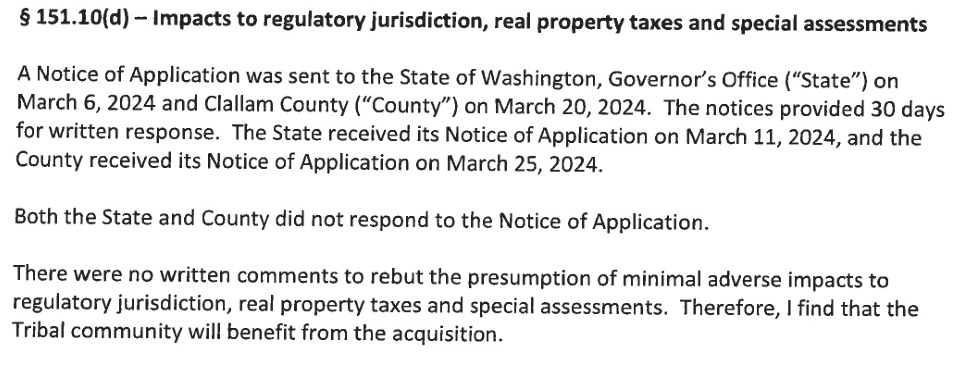
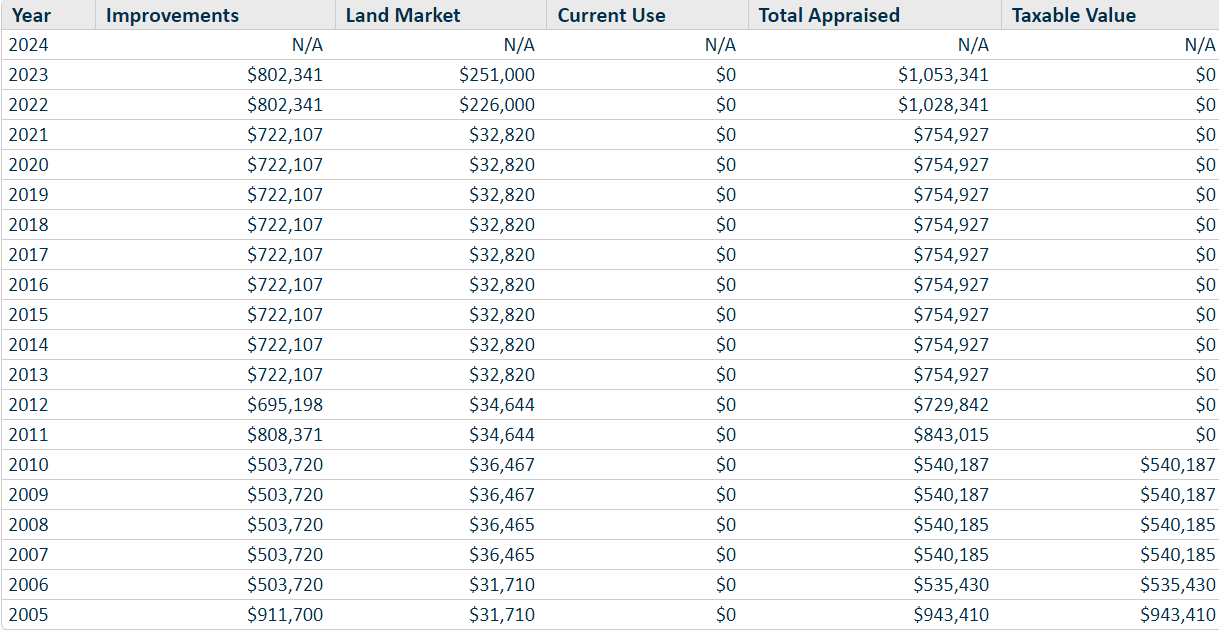
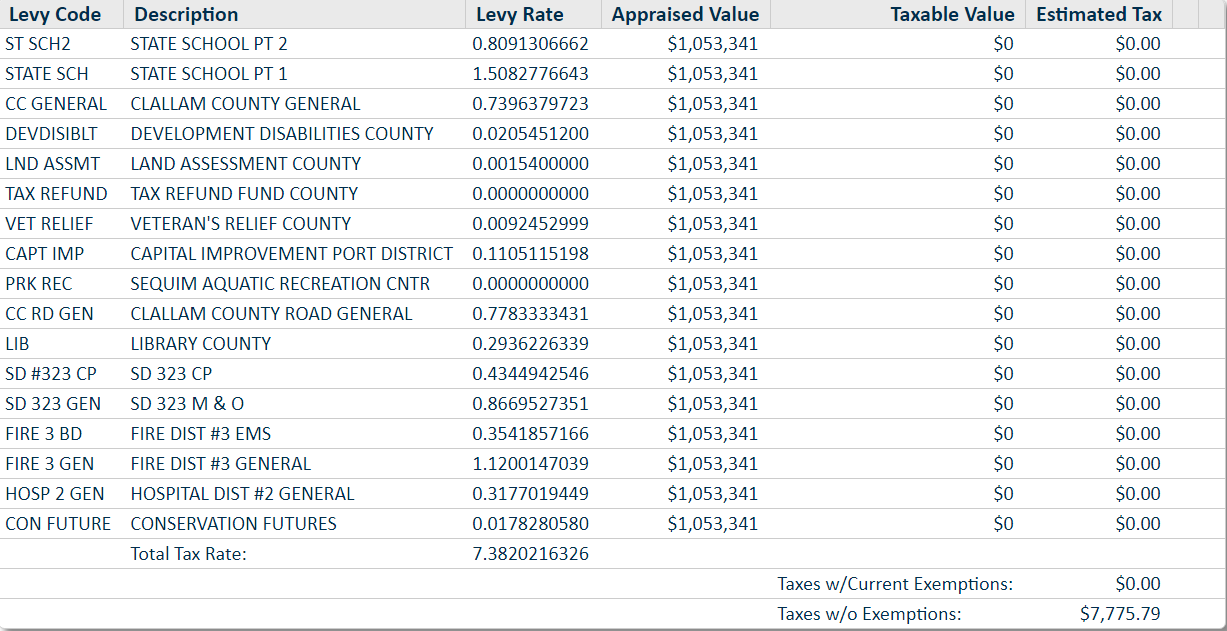
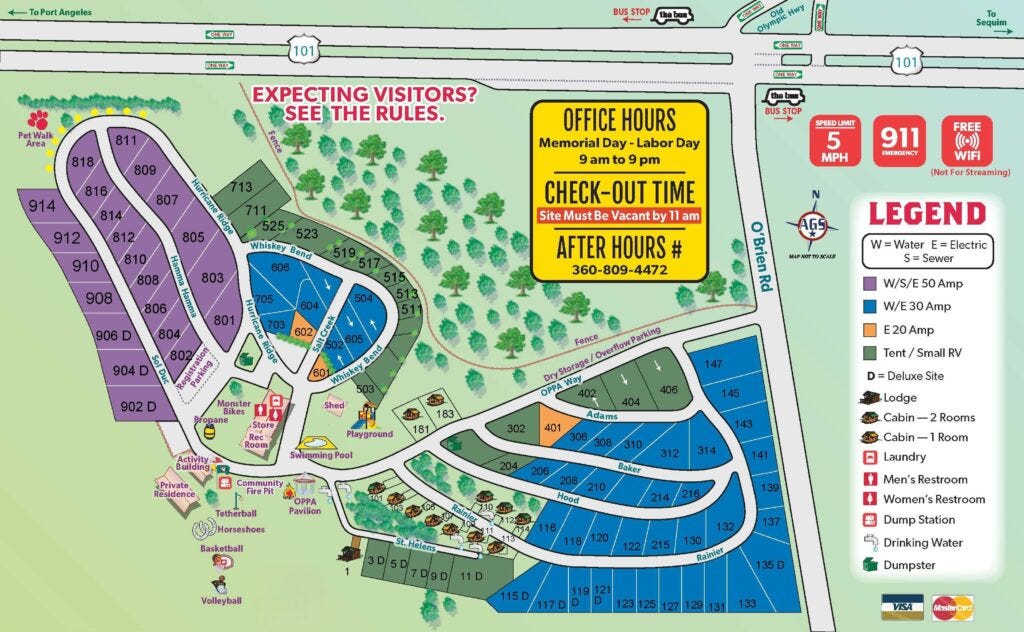
Wow! Thanks for bringing this to my attention. II am still processing this information and searching for a response. I believe that it is time for al of us non-tribal, members of the United States, to remove our heads from the darkness and stop apologizing for something we had no part in. On the local level, we must start reeducating our elected officials to treat all of us as one community. I apologize for the many years of non-involvement in local affairs and vow to be more involved in oue community.
Thank you Kathy and Jeff for another eye-opener. I copied and pasted Sally Kincaid's comment from the Spit article July 7, as she nailed it... "The fact that the tribe will take over ‘management’ of the wildlife refuge is new information to me.
It appears that the tribe is taking back Sequim and Clallam County one business, one organization, one housing development at a time."